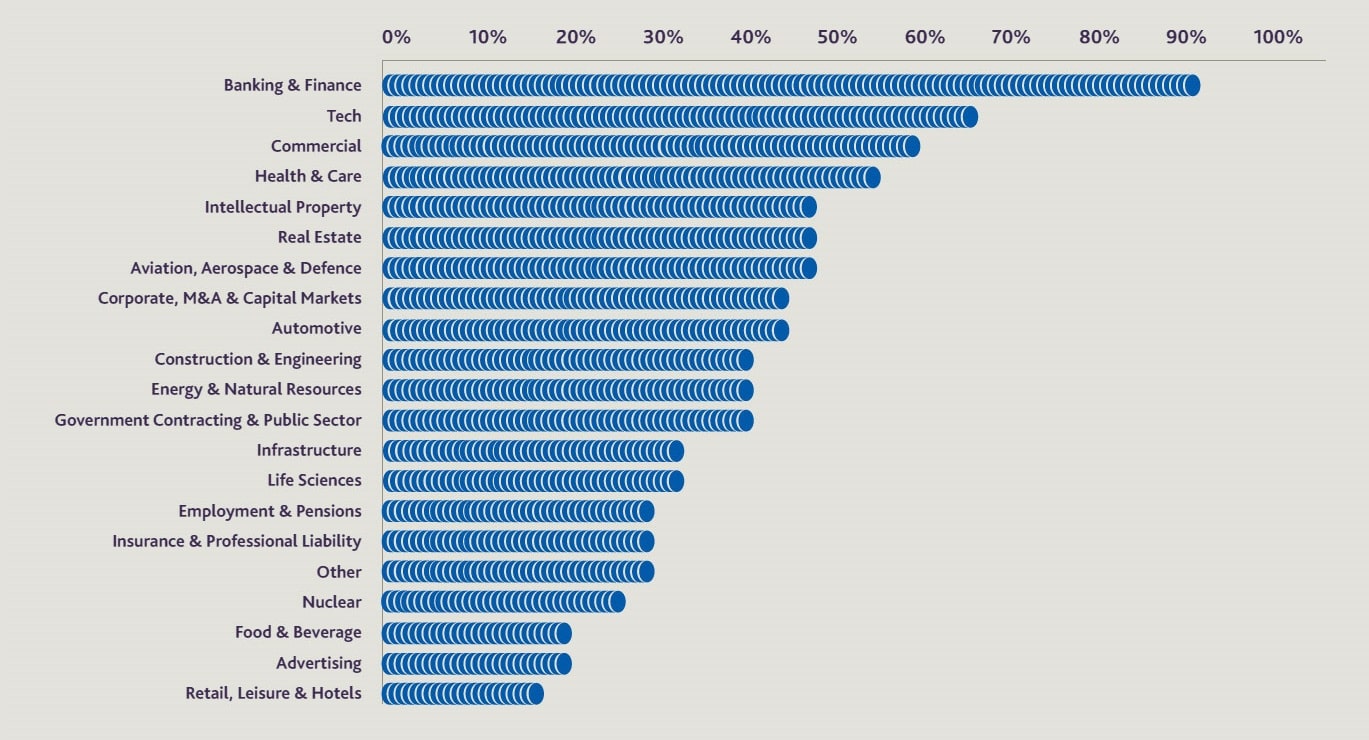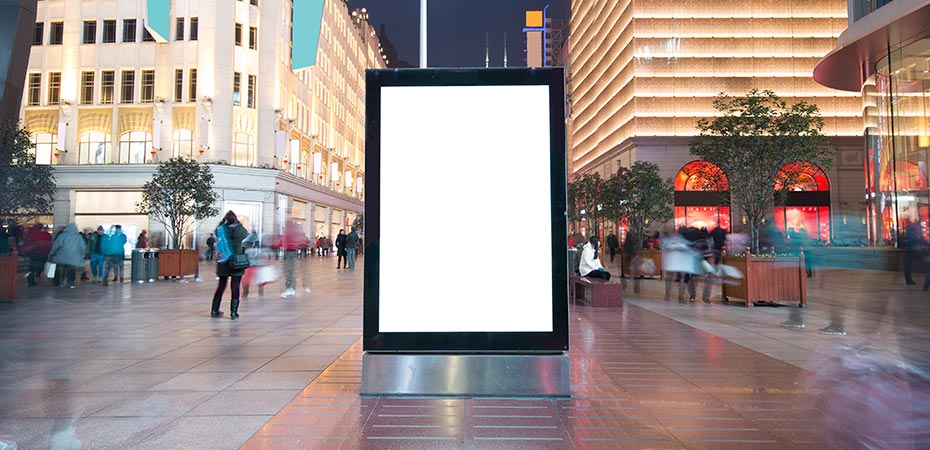As technology continues to evolve and develop it brings the opportunity for businesses to build on current and future processes to benefit both them and their customers. Developments such as artificial intelligence, virtual reality and blockchain are powering change within the organisations they are implemented in. The use of Blockchain in advertising in particular sees the beginning of the technology being harnessed to drive personalisation in the messages that are being communicated and the experiences being offered.
What is blockchain?
Blockchain is a form of distributed ledger technology (DLT) that allows for lists of transactions to be recorded in a transparent and decentralised way. The digital information is then distributed rather than copied ensuring that there are no copies that can be altered and differ from one another.
The power of blockchain is that it allows for a verifiable and auditable history of all information to be stored on each dataset. Any changes to a data record would require the alteration of any subsequent records and the entire network’s agreement, ensuring that transactions are more consistent, transparent and accurate in comparison to paper-based processes.
Blockchain in advertising
In our report, ‘The Ultimate Disruptor: How Blockchain is Transforming Financial Services‘ we explored how blockchain is being utilised in banking and finance as well as other more surprising industries. While only 20% of respondents in our research felt that blockchain would benefit advertising, the technology is already being seen to create innovation in this space, highlighting how its potential can be leveraged to disrupt and transform across the board. In a recent report, advertising start up Bidooh has been using the technology to personalise billboards across the UK.
Bidooh provides a decentralised digital billboard network using blockchain. The computerised billboards dynamically change using facial recognition cameras to identify features such as gender or age to tailor advertisements to nearby audiences. Adverts are able to appear within 60 seconds and data is immediately available to provide performance analysis, reporting demographics such as visit duration, stores visited and emotion.
According to Bidooh’s website, the billboard network is built on blockchain to ensure transparency. As adverts are displayed on screen, the time stamp and information is written to the blockchain with advertisers knowing exactly when their promotions have been displayed, removing delayed and inaccurate reporting that may have been seen in the industry in the past. Advertisements are also paid for with DOOH tokens, a digital currency similar to Bitcoin.
With the likes of the advertising sector beginning to trade in cryptocurrencies, it is vital that businesses start paying attention to how future developments could affect them and their usual activities. If their suppliers move forward with blockchain and they do not then there’s a danger they will be left behind.
How is blockchain being used in business?
The improvement in transparency, security and traceability that blockchain can enable in transaction based processes is now beginning to be leveraged by businesses across industries. In ‘The Ultimate Disruptor: How Blockchain is Transforming Financial Services‘ we discovered how the technology is being utilised in banking and finance to streamline back office processes and make business transactions faster, more efficient and less costly.
As blockchain begins to be implemented more frequently, companies can use the technology in new and innovative ways to support their business models. In our research for ‘The Ultimate Disruptor: How Blockchain is Transforming Financial Services‘ we discovered that while the majority of respondents felt that the technology would particularly benefit banking and finance, there was also a consensus that advantage could be taken across multiple sectors including tech, healthcare, intellectual property and real estate.
Sectors that will particularly benefit

How can it change customer experience?
Bidooh’s implementation of blockchain in the advertising sector is an example of how the technology can be utilised outside the financial services to change the experiences that our customers and clients receive. The technology’s ability to provide complete transparency and traceability when sharing information has the potential for relationships to be built on a foundation of trust from conception.
In ‘The Ultimate Disruptor: How Blockchain is Transforming Financial Services‘ we found that less than 30% of respondents were confident they were on top of the developments that blockchain can bring. Businesses need to be sure that they are taking notice of how blockchain is being utilised in their sectors and where they can innovate to enhance their relationships with their customers and provide better service.
Our Insights and Resources are recommended for businesses considering implementing blockchain technology. We will update you regularly with information from our legal experts in our tech team, as well as other sectors and services you may be interested in.
About the author(s)
Gowling WLG is an international law firm operating across an array of different sectors and services. Our LoupedIn blog aims to give readers industry insight, technical knowledge and thoughtful observations on the legal landscape and beyond.

